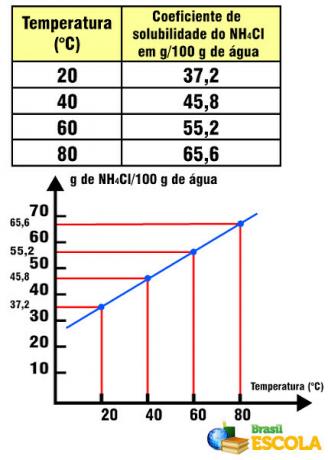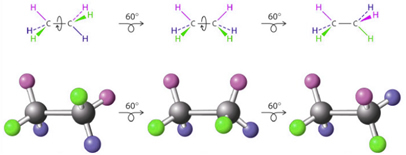In a surveillance operation, the Ministry of Agriculture closed three factories preventively and seized 200,000 liters of adulterated beverages. The action covered several segments and did not rely only on alcoholic beverages.
Among them are manufacturers of nectars, wine, cachaça, vinegar and other beverages. Although the brands involved and the locations of seizures were not disclosed, several irregularities were identified during the investigation and this was the reason for the severe punishment.
see more
'Barbie' movie predicted to boost Mattel profits…
Japanese company imposes time restriction and reaps benefits
Regarding the irregularities found by the government, the unauthorized or excessive addition of cane sugar to juices, coconut water and wines, as well as excessive dilution with water and the use of dyes and sweeteners to mask the products from consumers.
The Ministry of Agriculture has identified a number of additional problems related to beverage factories. In addition to irregular advertising, the factories do not preserve due care in transport and in the regularization of manufacturing, with both sectors functioning improperly.
Ministry of Agriculture punishes three factories for irregularities
According to federal agricultural tax auditor Celso Franchini, these irregularities are intended to increase factory profits, but pose a health risk to consumers and damage the reputation of the sector. Through a note, the Ministry disclosed the operation.
Ministry officials stressed the importance of consumers being vigilant and suspicious of products that are offered at prices significantly different from those charged by the competition.
Faced with any suspicion of irregularity, it is essential that consumers report what happened to the competent authorities. This attitude contributes to the protection of public health and to the guarantee of safe and quality products on the market.
Government actions are not limited to seizures carried out. The folder is committed to taking all necessary legal measures against the companies involved in the identified irregularities.
This includes the imposition of fines, interdiction of facilities, cancellation of registration of products and establishments and other punitive measures according to the seriousness of the infractions.
Punishments may include the application of fines, interdiction of installations, cancellation of registration of products and establishments and even even the initiation of criminal proceedings against companies and their technical managers, taking into account the seriousness of the infractions found.
These measures are intended to ensure food safety, consumer protection and the integrity of the sector.
Lover of movies and series and everything that involves cinema. An active curious on the networks, always connected to information about the web.


